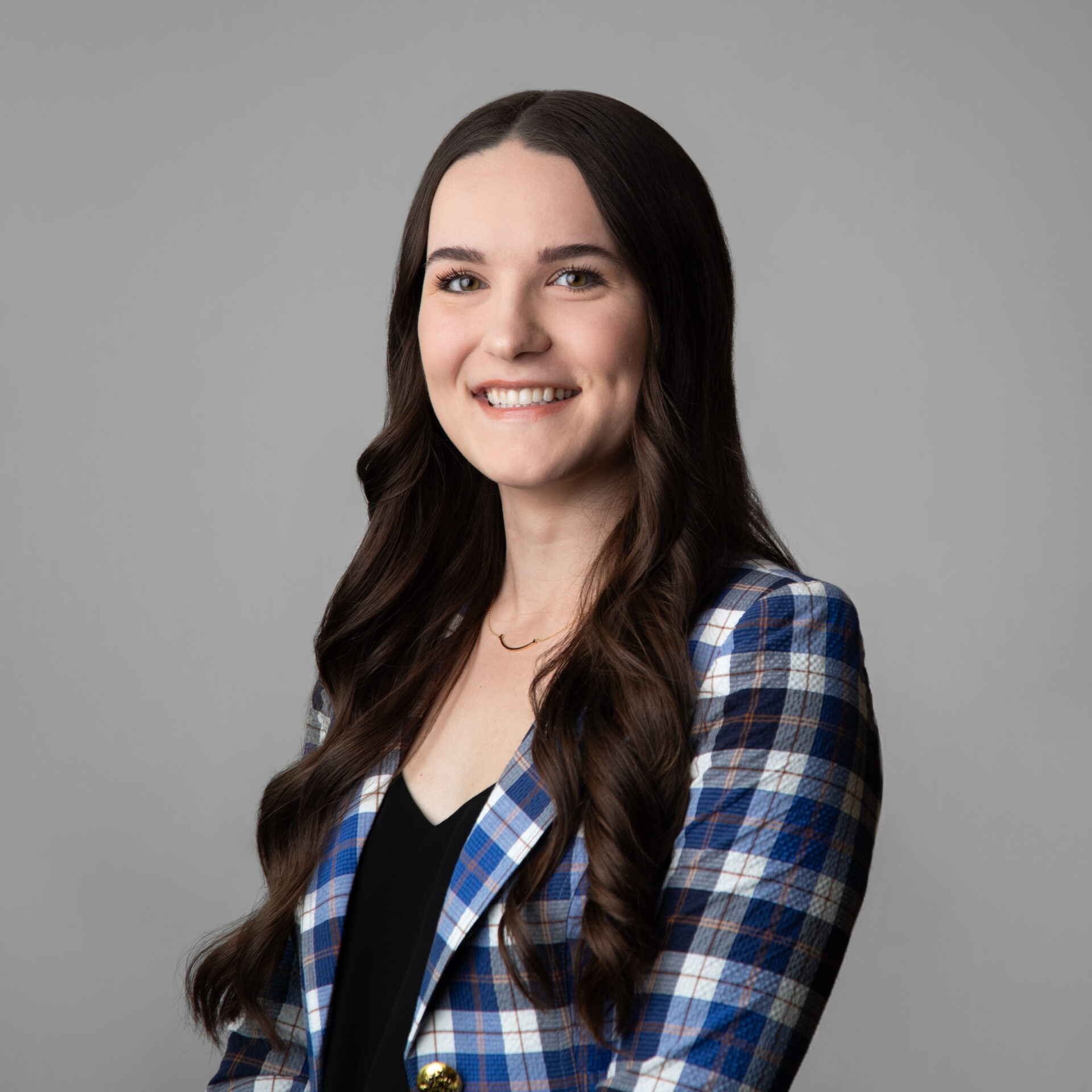Why Estate Planning Matters for Young Adults: Debunking Myths and Securing Your Future
Like most people in their 20s and 30s, you’re probably thinking less about unfortunate tragedies than you are about finishing school, building a career, having a family, or how great Taylor Swift’s new album is. So, the thought of “having your affairs in order” may feel too grim to think about or maybe even unnecessary at your age. You may also be thinking that only wealthy, old, or sick people have their estates planned. However, everyone benefits from having a properly planned estate.
Below are some common myths about estate planning in young adulthood, and reasons why we should plan now so we can be at ease later.
Myth: “I don’t need a Will because I don’t own anything!”
Just because you don’t own a house or have six figures in your bank account doesn’t mean that you don’t have an estate to plan for. Big or small, your bank accounts, personal items, vehicles, investments, and even your rewards points, all form part of your estate when you pass away.
Despite what you might have seen on TV, a Will is also not just a piece of paper that gives away your money and possessions. Your Will appoints someone called a ”personal representative” who becomes responsible for looking after your belongings, paying your taxes and debts (I’m looking at you, student loans), and even managing your social media and emails.
If you were to pass away without a Will, there is legislation that determines who is responsible for your estate and how it is divided up. However, not having a Will effectively takes away your right to make those decisions yourself.
Having a Will also ensures that your loved ones know what you want, what you have, and what is important to you. If you passed away, your loved ones would be devastated. So, the last thing you want to do is burden them with even more uncertainty. For example, in your Will, you can express your wishes as to who you would like to take care of your pets, what you want done with your jewelry or signed McDavid jersey, and where you would like your remains to be kept.
Myth: “If something bad happens to me then my parents or partner will just make decisions for me.”
While you may think that your partner or parents can automatically step in if something bad were to happen to you while you’re still alive, without an Enduring Power of Attorney (“EPA”) and Personal Directive (“PD”), that is not necessarily the case.
Without getting too far into the details, in short, if you lost the capacity to make certain decisions on your own, your EPA and PD are how you decide who has the right to assist you with managing your property and finances, and make personal decisions about your care, respectively.
Consider the following scenario: You decide to go on a ski trip and on your way down the hill you take a wrong turn and are severely injured. You end up in the hospital and doctors determine that you have either temporarily or permanently lost capacity to make decisions. Now, there are important choices looming about your care as well as finances including ongoing bills to pay.
The benefits for you and your loved ones of having an EPA and PD when you’ve lost capacity can be summarized as trust, autonomy, and cost.
With an EPA and PD, you can appoint someone you trust to make important decisions about your finances and personal care on your behalf if you were ever to lose the capacity to do so yourself. Without these documents in place, someone would need to make a court application for guardianship and/or trusteeship to help you, and that person may not be who you would have chosen. For instance, your partner, best friend, and parents may all individually feel like they are the best person to make decisions for you, but you may have good reasons as to why one should have that privilege over others.
In your PD specifically, you can set out your wishes for your care such as whether or not you want life saving measures and where you would want to live (i.e., your Aunt’s villa in Lake Como). Without a PD, you not only lose control over who makes the decisions but also the decisions they make. So, having an EPA and PD ensures that you have a voice in matters that are important to you and that are bound to have an impact on you during your lifetime.
If one of your loved ones has to apply for guardianship and/or trusteeship, their application can take up to 10-12 months to process and cost upwards of $5,000.00. However, having an EPA and PD means that as soon as you lose capacity to make decisions on your own, the person(s) you appoint can immediately step in to carry out your wishes at no additional cost. The result is that your accident will have less of a financial and emotional toll on both you and those close to you.
Accidents happen. While you can’t control every unfortunate or untimely event, you can control who you appoint to care for you and your finances if something were to happen.
No matter what stage of life you are in, the Wills & Estates team at Ogilvie LLP is dedicated to ensuring that your wishes are communicated and carried out when you are unable to speak on your own behalf.
For more information and to book an appointment, please contact us at one of our offices:
Edmonton Office
2800 Stantec Tower
10220 103 Ave NW
Edmonton, AB T5J 0K4
780-421-1818
info@ogilvielaw.com
Calgary Office
1200, 1015 4th St SW
Calgary, AB T2R 1J4
825-203-3669
info@ogilvielaw.com
